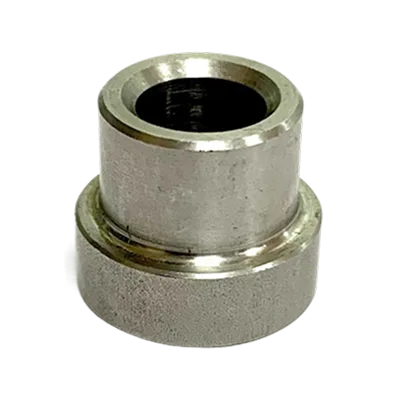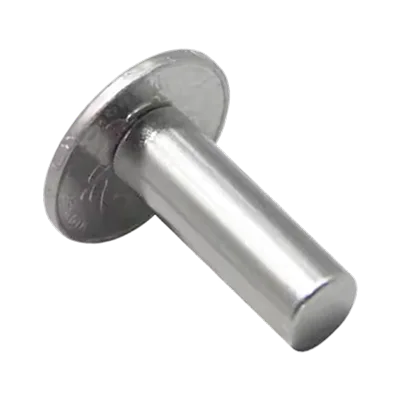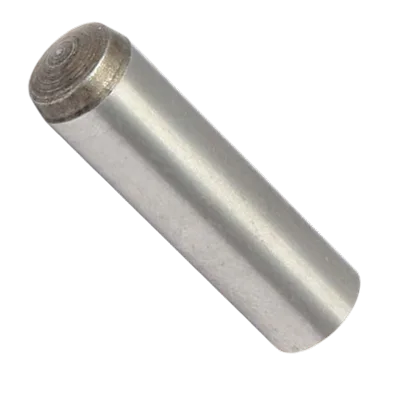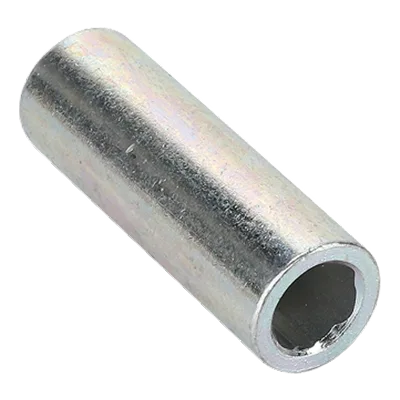
Special bolt manufacturing
In Lemec, we are your ally in the manufacture of special bolts, producing metal parts by cold heading for long series and bar turning for short series. We offer an unbeatable quality-price ratio and we work to order, following your drawings and technical specifications.
As an auxiliary industry, we focus on providing you with customized manufacturing solutions for your industrial projects.

Special bolts
At Lemec, we manufacture special bolts for virtually any industrial application and in different geometries and alloys.
Cylindrical bolts
Our machines are capable of manufacturing cylindrical bolts in one or more diameters and with cross holes.
Square bolts
Our square bolts provide a robust and durable fastening.
Hexagonal bolts
The hex bolts we manufacture are perfect for applications that require a tight fit.
Bolts of different alloys
We offer a wide variety of bolts in different alloys to meet various industry applications.
Aluminum bolts
Aluminum bolts are lightweight and strong, suitable for applications requiring low weight and corrosion resistance.
Brass bolts
Brass gives the bolts significant corrosion resistance, while providing an aesthetic appearance. They are ideal for specific applications where both factors must be combined.
Steel bolts
We manufacture steel bolts, due to their durability and capacity to withstand high loads, ideal for safety and bodywork applications.
Stainless steel bolts
At Lemec, we manufacture stainless steel bolts. These offer excellent corrosion resistance, making them perfect for corrosive environments in very critical anchoring applications.
Copper bolts
For applications in electrical installations where continuity and conductivity are crucial.
Frequently Asked Questions
What is a bolt?
What is the difference between a bolt and a screw?
Screw: threads into a tapped hole in the component itself; does not use a nut.
In design, the bolt prioritizes preload of the assembly and nut–washer compatibility, while the screw depends on the strength of the substrate’s thread.
How does a manufacturer of special bolts approach production depending on series size and geometry?
• Screw machining/turning and auxiliary machining: ideal for custom bolts in short/medium runs and complex geometries (special heads, grooves, holes, tapers, precise chamfers).
• Heat treatments according to strength class, and anti-corrosion coatings (zinc plating, zinc-nickel, nickel plating) depending on environment and galvanic compatibility.
Rolled vs. machined threads: when is each recommended and how does it affect bolt performance?
Machined threads (turning/milling/tapping): offer maximum flexibility for special geometries, difficult materials, or short/medium runs; parameters must be carefully controlled to avoid micro-notches.
In both cases, defining standard and tolerance (e.g., M – 6g/6H, UNC/UNF), usable thread length, lead-in chamfer, and run-out control is key for proper assembly and tightening.
How is service durability ensured in special bolts: corrosion, anti-loosening, and traceability?
• Anti-loosening: depending on vibration: self-locking nuts, serrated/wave washers, anaerobic adhesives, torque–angle tightening, or holes for pins/wire-locking in custom bolts.
• Traceability/quality: class marking (8.8/10.9/12.9) and manufacturer, batch/heat number, certificates (e.g., 3.1), coating thickness checks, torque–tension testing (K factor), and, depending on sector, PPAP/control plans.








